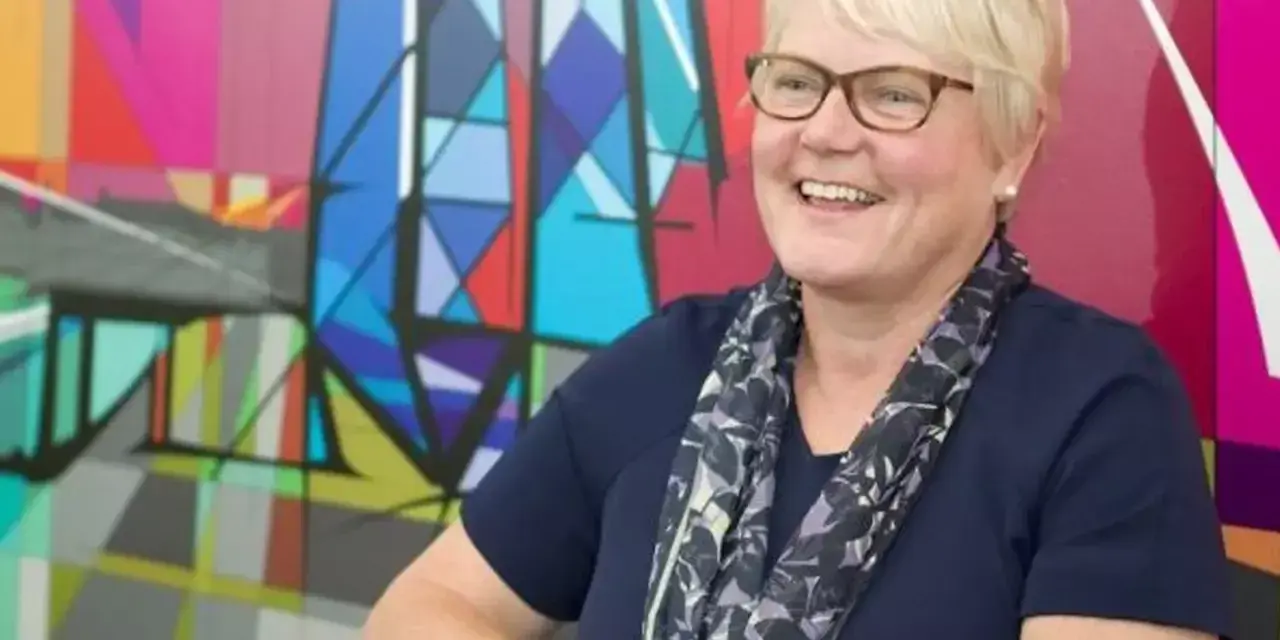News
·The Lexonik story

Sound Training (previously known as Sound Training for Reading Ltd) started trading in September 2011. Lexonik, by Sound Training is the programme I developed from scratch, which makes an amazing difference to individuals and life chances.
I developed the programme when I was employed by Middlesbrough Education Authority, as their Senior Learning and Language Team Coordinator. During this time, I was responsible for developing the skills of secondary-aged students who were underachieving in reading. A firm believer in small group intensive tuition, ‘No problem’, I thought. I would provide them with instruction in groups of four, using reading material at instructional level, employing a method which was very similar to what is now referred to as Reciprocal Reading, and encourage them to break the more challenging words down into syllables. That surely would do the trick.
How naïve! It was the reaction from one particular 14 year old student, when he found himself unable to read a word within a passage of text, that started my amazing Sound Training journey. He stood up in front of me and shouted,
“You tell me to break the words down and then you tell me that word says ‘patient’!”
How does a weak reader make sense of this word? If you do not understand the written ‘code’ it would read as ‘păt ī ĕnt’, or pā tĭ ĕnt, but not ‘patient’. My teaching at that time, despite my years of experience, was not nearly explicit enough to be of any use to the students I was responsible for.
This was the start of my action research!
From September 1999 I focused my efforts for some years on developing an effective way to teach secondary-aged students the decoding aspect of reading.
The next student to make me re-evaluate my work was one who had made dramatic progress in her reading ability (decoding), but was not making the progress expected in the mainstream classroom. She explained to me that although she was now able to read more challenging words, she was unable to make sense of what she was reading. Not only that, she didn’t understand the spoken language her teachers were using in class.
She had pointed out the obvious: students have got to be able to read for meaning, and reading for meaning must start with vocabulary knowledge. Without this, the teaching of higher order reading skills simply doesn’t work.
At this point I started some serious active research and data collection, combining it with my studies at Northumbria University. I set up control and experimental groups in a secondary school, ensuring both groups were as balanced as possible in terms of gender, ethnicity, teaching sets, initial reading ages, behaviour and attendance. I assessed all students, delivered the original version of Sound Training to the experimental group, and re-assessed all students eight weeks later. The reading gains in the experimental group completely outstripped the control group, and at the end of the year the KS3 SAT data proved that the reading gains had transferred through to national tests.
I completed this same piece of research for three consecutive years and found the results were being replicated. So I moved away from thinking that I had an idea that might work, to knowing that my idea did work. Not content with that, I continued to gather more data and carried out small alterations, e.g. delivering the programme to groups of six and in one-to-one settings, but results consistently showed that students taught in groups of four were making better progress than other sized groups.
We now have over 50,000 pieces of individual student data, along with some amazing case studies and comments from students and teachers, providing evidence that proves my ideas and the programme I developed, really does work! In just one hour of tuition over a six-week period the average gain in reading is 27 months. This data has been validated by Northumbria University.
Lexonik by Sound Training is a fast, focused and fun programme, enjoyable for all ages and learners of all ability. It stretches everyone, allowing them to achieve success at a higher level than they are currently achieving, or ever thought possible. The teaching sessions are very intensive and highly effective, and for this reason should be delivered by experienced, trained teachers to groups of four students.
I want as many children as possible to be able to read and reach their potential and am making it my personal mission to embrace ways of doing that, by taking Lexonik and what it can achieve, wherever it is needed: fortunately, it’s not all down to me now!
We have a small army of similarly passionate ‘Lexonites’; an amazing team of Lexonik teachers who work across the UK, as well as hundreds of teachers trained and licensed to teach Lexonik in their own schools around the world.
Nothing gives me greater pleasure than to hear how much difference this 6 hour programme makes.
If you feel like you want to learn more about our intervention programmes check them out here or if you’re looking for advice, get in touch.